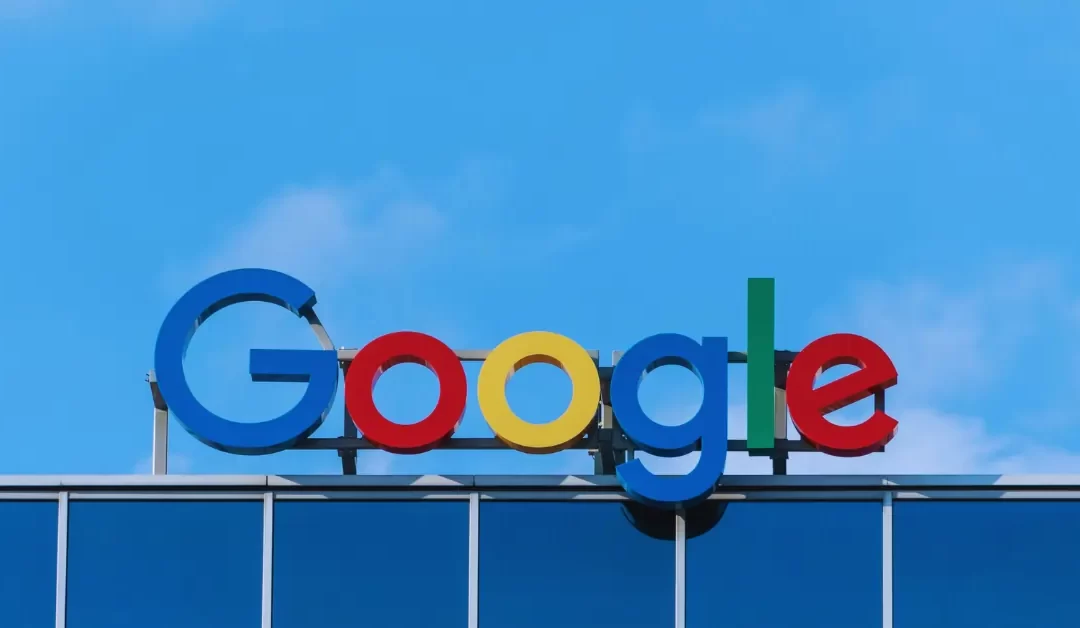The US Department of Justice (DOJ) has proposed major changes to curb Google’s dominance in the search engine market. Prosecutors argue that Google’s actions have stifled competition, giving it control over 90% of the online search market. The DOJ wants strict measures to restore fair competition and ensure innovation thrives in the tech industry.
Key DOJ Proposals
- Sell Chrome Browser
The DOJ suggests Google should sell its Chrome browser, which is tightly integrated with its search engine. Prosecutors believe this integration gives Google an unfair advantage in dominating the online search market. - Restrict Browser Re-entry
The DOJ proposes barring Google from re-entering the browser market for five years to allow competitors to establish a foothold. - End Default Search Engine Deals
Google spends billions on agreements with device makers to make its search engine the default on smartphones and tablets. Prosecutors argue these deals prevent rivals from gaining market share. - Sell Android if Necessary
If competition remains restricted, the DOJ may push Google to sell its Android operating system, which plays a key role in its search monopoly.
Court Oversight and Impact on Big Tech
If the proposals are approved, Google could face a decade of regulation under the Washington federal court. This case is part of a broader effort by US authorities to challenge Big Tech companies like Amazon, Apple, and Meta.
In August, Judge Amit Mehta ruled that Google used illegal methods to maintain its monopoly, stifling competitors and innovation. The ruling described Google as a monopolist that actively works to stay on top.
Google’s Defense
Google argues its dominance is due to consumer preference, claiming its search engine is popular because it works well. The company warns that the DOJ’s proposals could hurt US consumers, businesses, and its competitiveness in artificial intelligence.
Next Steps
Google will present its own competition improvement plan in December, and a trial on the DOJ’s proposals is scheduled for April. The tech world is watching closely as the outcome could reshape the online search landscape and set a precedent for regulating Big Tech.
This case highlights the growing scrutiny on tech giants and their practices. As Google faces potential drastic changes, the focus remains on fostering fair competition, protecting consumers, and driving innovation in the tech industry.































